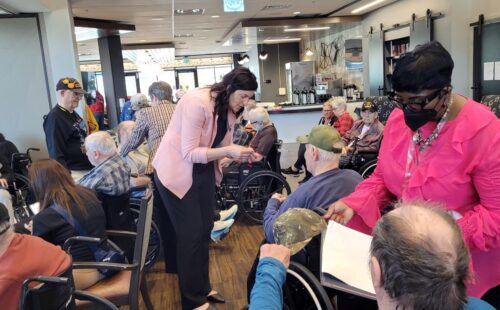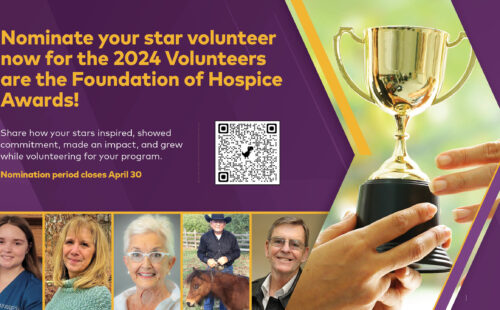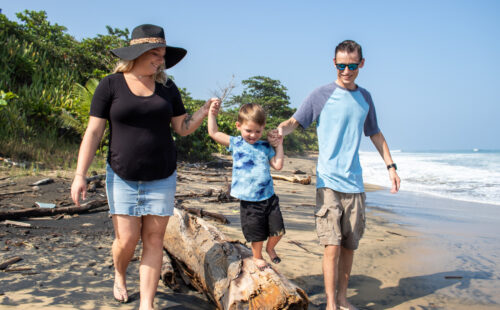“After a traumatic experience, the human system of self-preservation seems to go onto permanent alert, as if the danger might return at any moment.”
Dr. Judith Lewis Herman, Psychiatrist & Researcher
Post Traumatic Stress Disorder (PTSD) can be a silent but deliberating mental disease. This mental condition develops after experiencing or witnessing a traumatic event. Many Veterans return from active combat with invisible wounds of war, witnessing traumatic events on the battlefield. It’s not uncommon to experience distress after a traumatic event, but individuals with PTSD continue to suffer from extreme and intense symptoms long after the incident occurred.
PTSD not only affects Veterans, but their family, friends and caregivers. When caring for a loved one with PTSD, understanding their condition can help with their care. As with other mental health conditions, it can be challenging to identify. Here are some common signs and symptoms of PTSD from the Mayo Clinic:
- Intrusive thoughts or memories
- Avoidance behaviors
- Negative changes in thoughts and mood
- Hyperarousal or heightened reactivity
VA Resources
As with any medical condition, it is important to consult with a health care provider to determine the best treatment plan. Locate a local provider utilizing the VA search tool: https://www.accesstocare.va.gov/FindProviders
Utilize the PTSD self-screen survey to share with your Veteran community to help with their healing journey. Check out the self-screen tool on the VA’s website: https://www.ptsd.va.gov/screen/index.asp
Are you a hospice provider and looking for tools to understand PTSD in Veterans? Check out provider resource guides from the Department of Veterans Affairs: https://www.ptsd.va.gov/professional/index.asp
Download the Department of Veterans Affairs About Face booklet to learn more about PTSD.
The Department of Veterans Affairs offers continuing education credit through the National Center for PTSD. Review the courses offered: https://www.ptsd.va.gov/professional/continuing_ed/index.asp






